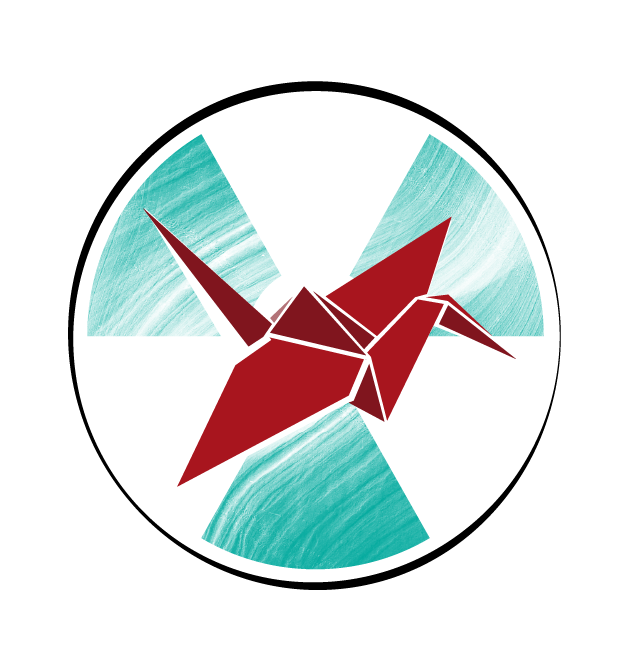
Part of the Envisioning Next Generation Radiation Governance Symposium
In this session panelists discuss their radiation archiving practices, their perspectives on radiation knowledge databases and infrastructures needed for the future, and ideas for ways these infrastructures can be built and sustained to support radiation education and governance.
Panelists: Jon Mitchell, Ryo Morimoto, Hiroko Takahashi, and Sharon Traweek
Learn more about our panelists here
Please describe your radiation-related research and archival work. What brought you to this work and what issues, questions drive you forward?
What information is available in your archive? What are the key findings in the archive?
What kinds of challenges have you encountered in your work and how are you overcoming them?
What types of collaborations and expertise do you see as necessary moving forward?
What types of archives and memorial practices still need to be built to keep nuclear histories and radiation hazards in public memory?
Have you envisioned ways the archives you have helped build can contribute to radiation governance going forward?
metadata
preservation
access
JAPAN
Morioka
Okinawa:
3/11 Tōhoku earthquake, tsunami and Fukushima Daiichi Disaster
US
FOIA SL-1 Idaho Falls Jan 3 1961
Hanford Health Information Archives, Oral Histories Collection (1996-2000)
Japan Disasters Digital Archive Reischauer Institute of Japanese Studies
Nuclear Princeton is an undergraduate-directed project that highlights the under-acknowledged impacts of nuclear science, technology, and engineering on Native lands, communities, and beyond. It locates the history of settler colonialism, environmental racism, and racial injustice in the past and contemporary technoscientific development and management of U.S. national security from the Manhattan Project onward
Project Toxic Docs, Columbia University and the City University of New York. This dataset and website contain millions of pages of previously secret documents about toxic substances. They include secret internal memoranda, emails, slides, board minutes, unpublished scientific studies, and expert witness reports -- among other kinds of documents -- that emerged in recent toxic tort litigation.